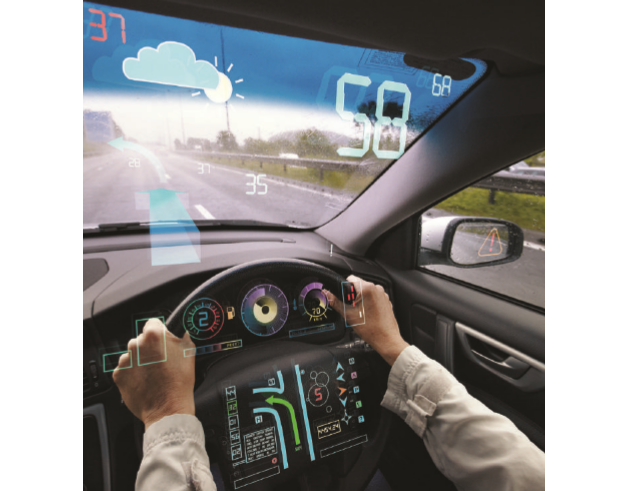
Common discourtesies that drivers can lapse into – such as slow driving, failure to indicate, or not allowing enough following distance – often lead to crashes
First take this quiz. It involves ranking the following range of driving annoyances from one, the most annoying to you and 13, the least annoying. The annoyances are: Bad overtaking, slow drivers, tailgating, aggressive driving, distracted driving, poor merging, speeding, traffic congestion, no passing lanes, narrow roads, potholes, roadside hazards, and high crash roads.
Now, if you ranked them in the order they are presented, then your views are similar to those of members of New Zealand’s Automobile Association who were first asked to rank this range of driving annoyances.
According to the evaluators of the responses, the results revealed that driver behaviour is a huge concern for the AA members,
A preamble to the survey results stated: “As our lives get more hectic, courtesy can suffer. And nowhere is this truer than on the road. Courtesy and respect for fellow road users makes driving more enjoyable. More importantly the roads are safer. Too many crashes are caused by lack of courtesy and impatience”.
Drink driving, dangerous driving and road rage are extreme examples of disrespectful driving, but the more common discourtesies that drivers can lapse into – such as slow driving, failure to indicate, or not allowing enough following distance – also lead to crashes.
Society must accept that bad manners and careless behaviour are a major cause of road accidents. More courtesy and care from road users will help improve road safety and reduce the road toll.
Courtesy on the road also involves recognising and accepting some responsibility for the actions of fellow road users. It is about being forgiving and making allowances, recognising that you will benefit when this goodwill is reciprocated.
The members said they would like to see more education to emphasise the importance of individual behaviour and personal responsibility on the road, for example guidance on passing lane etiquette and how to overtake other vehicles safely. Also, education that stress and fatigue can reduce concentration and tolerance, and increase the risk of being involved in a crash.
****
Adopted from the New Zealand Automobile Association
 The Independent Uganda: You get the Truth we Pay the Price
The Independent Uganda: You get the Truth we Pay the Price


